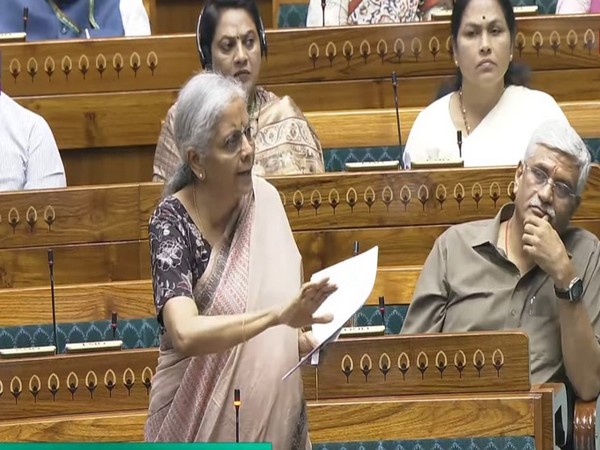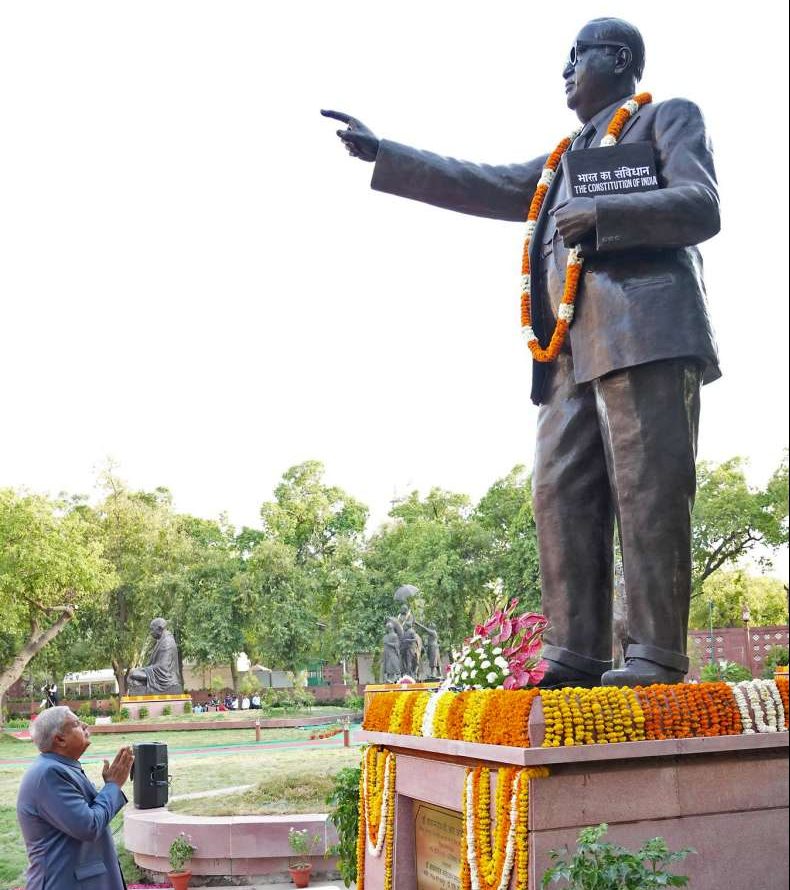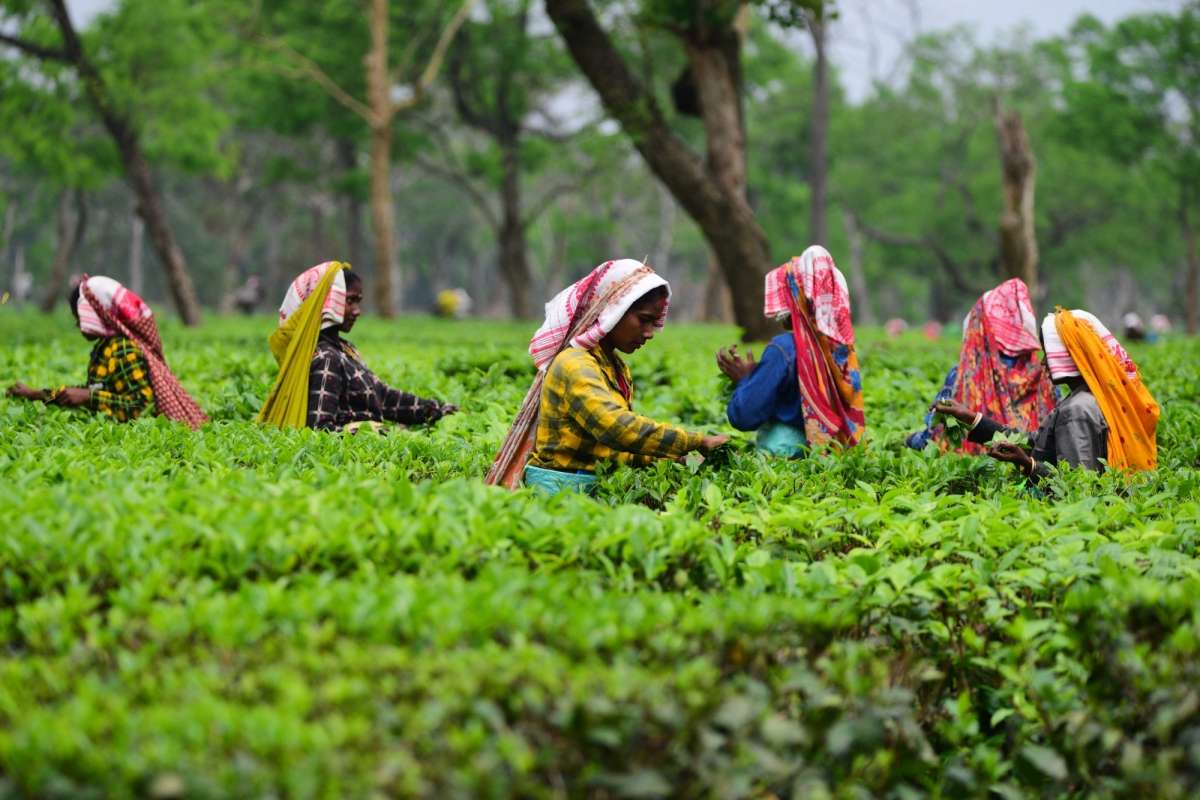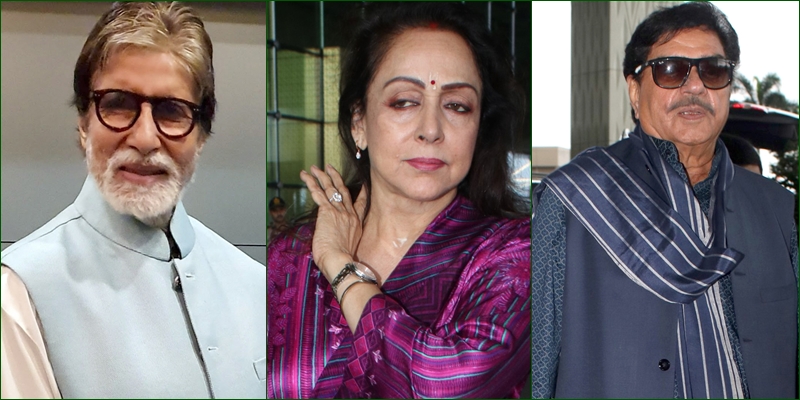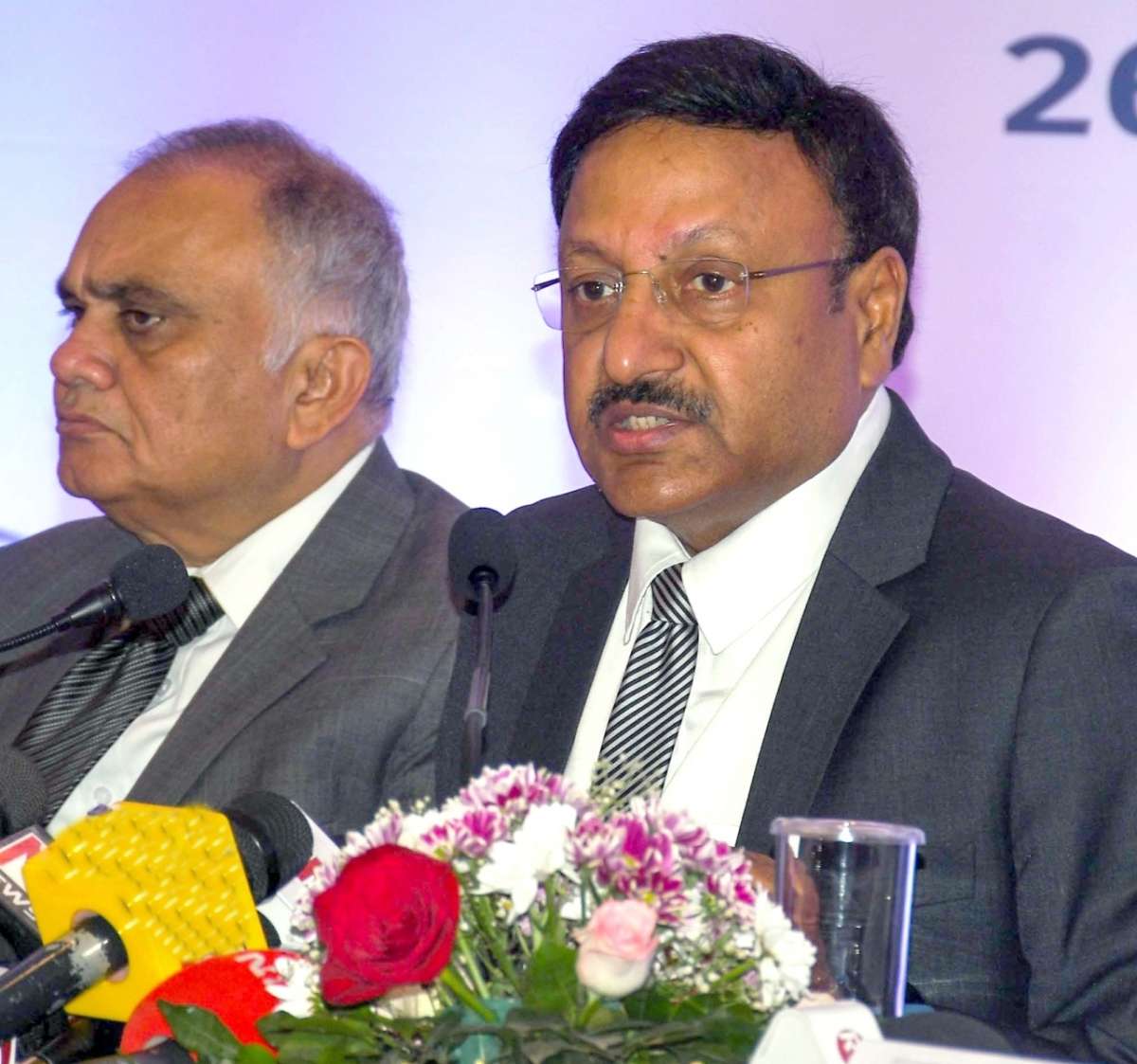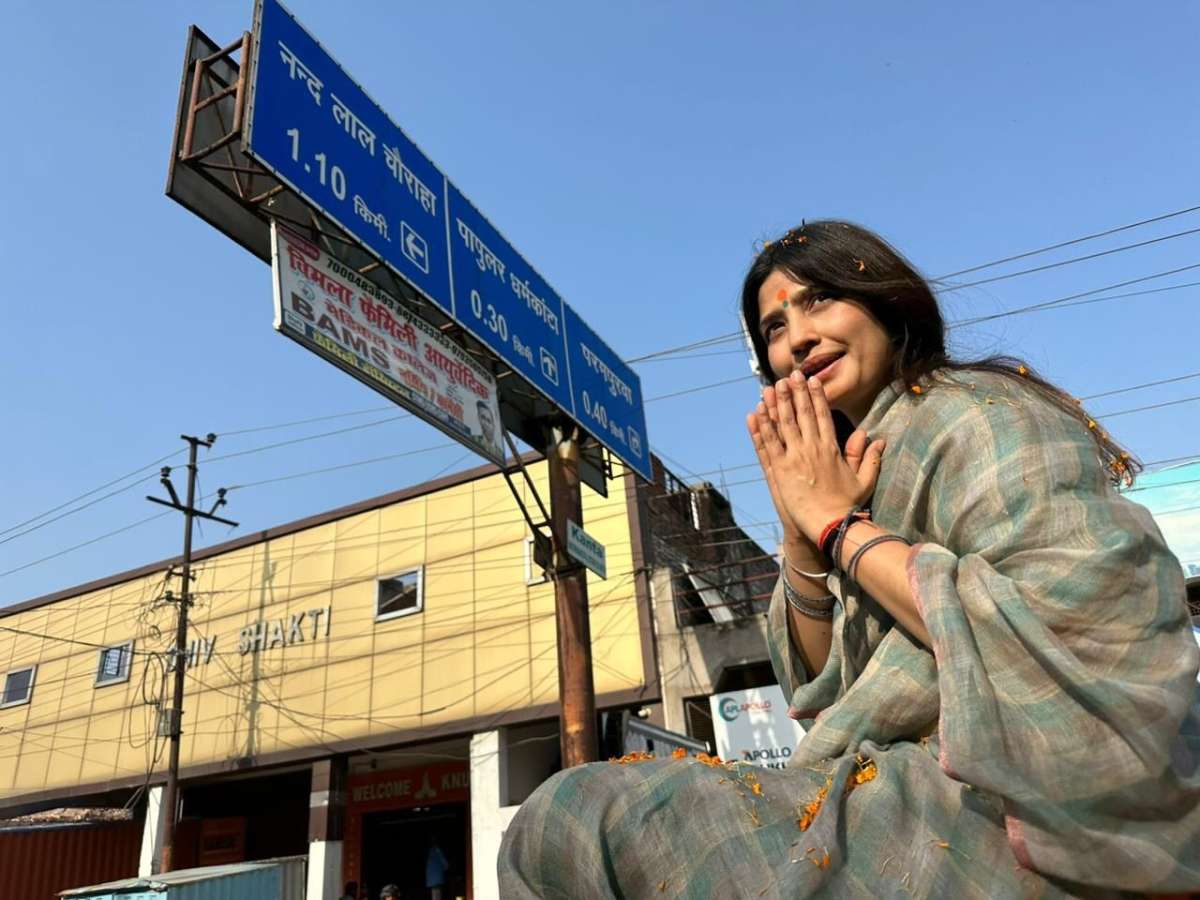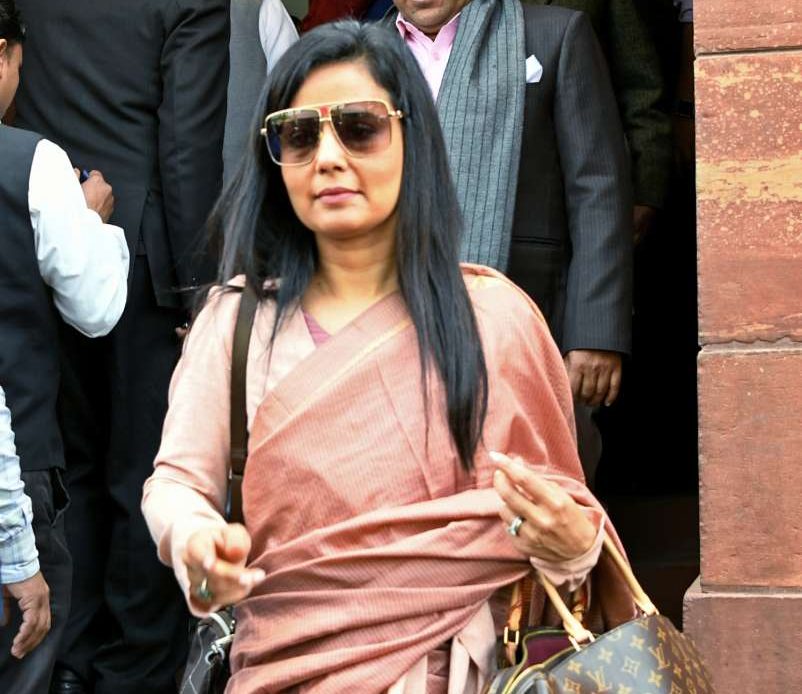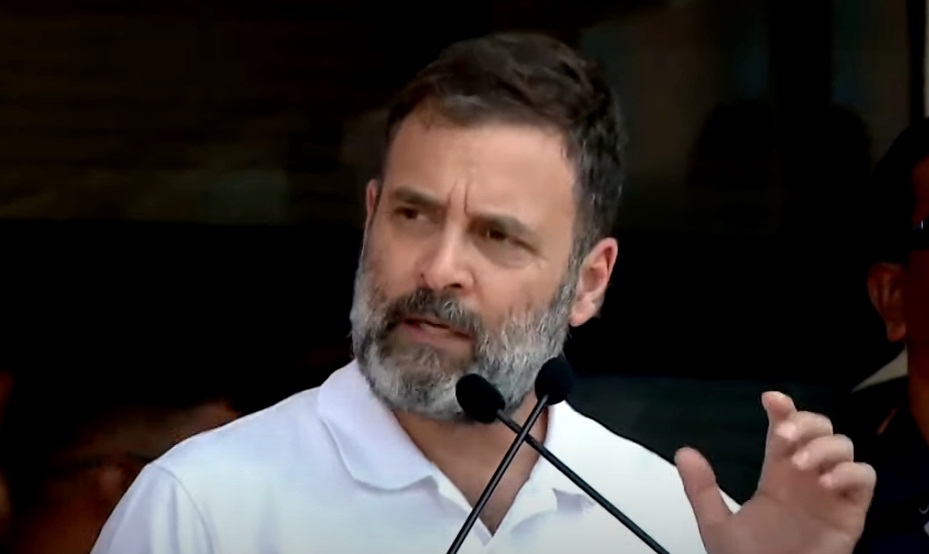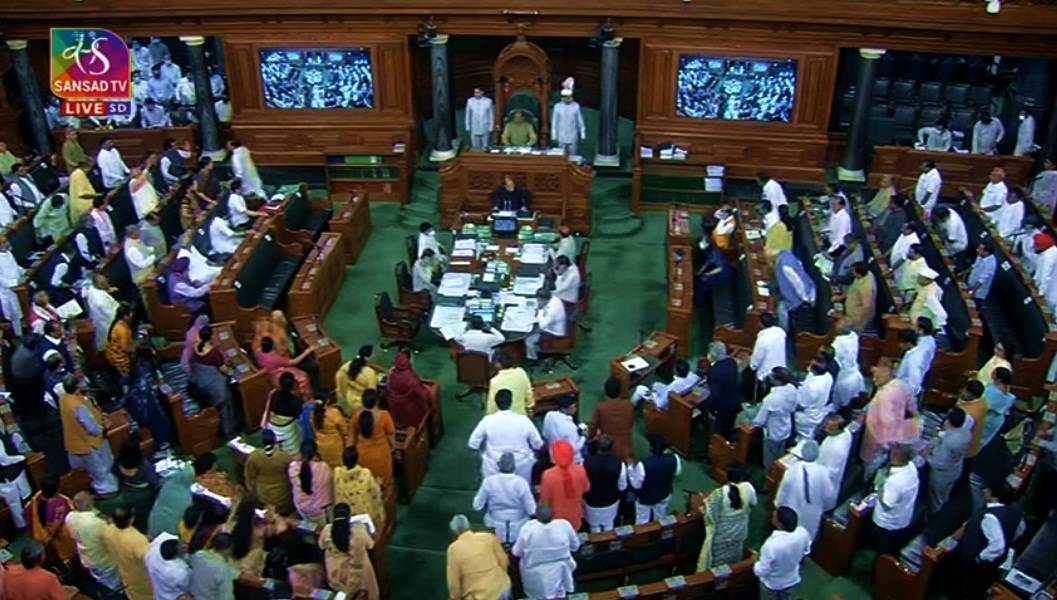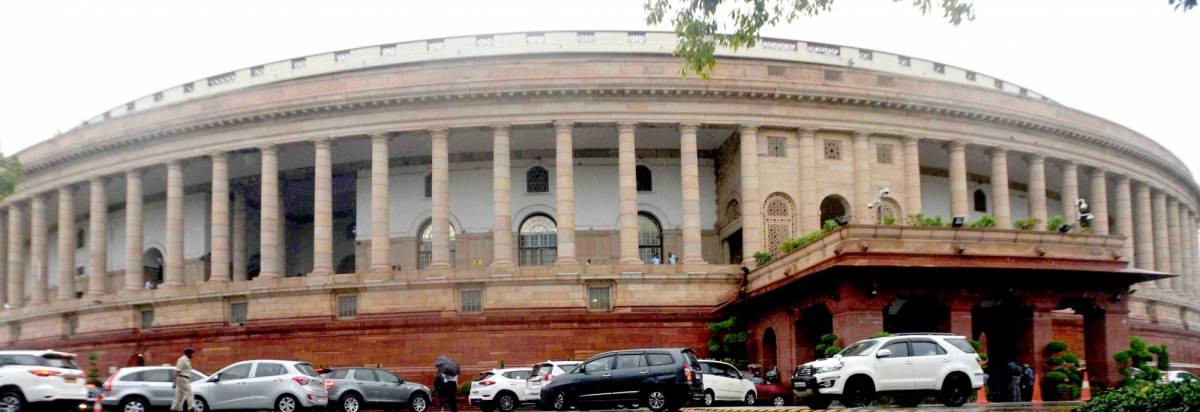There are more than 70 lakh tea tribe community people across the state, including around 10 lakh workers in the organized sector working in 856 tea estates…reports Asian Lite News
As Assam gears up for the 2024 Lok Sabha elections unfolding in three phases, the focus intensifies on the tea garden workers, a significant voter base poised to influence the outcomes in at least three of the five constituencies contesting in the first phase.
There are more than 70 lakh tea tribe community people across the state, including around 10 lakh workers in the organized sector working in 856 tea estates. Assam produces around 55 per cent of India’s tea.
This demographic, integral to the state’s identity and economy, could be pivotal in shaping the electoral battle in Dibrugarh, Kaziranga, and Sonitpur, with Jorhat also seeing a substantial number of tea tribe voters.
Amid this electoral fervour, political parties, notably the BJP and Congress, are actively courting the support of the tea tribe community, a move that underscores the community’s potential to sway the electoral results in these regions.
The people of the tea tribe community have been facing lots of problems since independence.
Bhaskar Kalindi, a former leader of the Assam Tea Tribes Students’ Association (ATTSA), said that there are around 55 lakh tea tribe community voters across the state, and most of the tea tribe community voters are in Dibrugarh, Kaziranga, Jorhat, Sonitpur Lok Sabha seats.”
“The current BJP government in Assam has increased the daily wage of tea garden labourers to Rs 251, and we request the government to increase it more. I am a tea tribe community youth. Earlier, the road connectivity in the tea garden areas was very poor. Now the road connectivity has improved, and the state’s current government has established schools and Anganwadi centres in the tea garden areas. During the Congress regime, there was nothing. This government has also declared a holiday on our festival Karam Puja Day,” Kalindi told ANI.
He further said that tea garden voters will become a major factor in this election in at least three parliamentary constituencies in the state.
“Earlier, the tea garden labourers had received their wage in cash, but the current government has opened bank accounts against each worker. Earlier, the workers did not have any bank accounts. The people of the tea garden areas are now very happy with the work done by the current government,” Kalindi said further.
He also said that the Assam government has also made reservations for tea garden people in government jobs. “If the government will give ST status to the tea tribe community, then we will be more happy,” Bhaskar Kalindi said.
Ashar Orang, a tea tribe community voter, said that Congress had ruled for 70 years, and there was no development of the tea tribe community people. “But the BJP-led government is gradually working for the development of this community people. People are now getting benefits. The current government is also focusing on development in the education sector in the tea garden areas,” Orang said while speaking to ANI.
Talking about Prime Minister Narendra Modi, Ashar Orang said that not only the tea tribe community but the Prime Minister is also working for the development of all sections of people.
On the other hand, Asom Gana Parishad (AGP) president Atul Bora, who is also the local MLA of Bokakhat assembly constituency under the Kaziranga Lok Sabha seat, told ANI that the tea garden community people were the vote bank of Congress, and they didn’t do anything for the development of these people.
“There are still many issues, but our government under the leadership of Chief Minister Dr Himanta Biswa Sarma has resolved many problems of the tea garden people. Now the tea garden people are very happy with the work done by this government,” Atul Bora said.
“My constituency is a tea garden workers-dominated constituency. In today’s meeting, thousands of tea garden people arrived to see the Chief Minister. The NDA candidate for the Kaziranga parliamentary constituency is also a tea garden community person,” he added.
Assam Congress leader, Rituparna Konwar, claimed that a lot of work had been done during the Congress government’s tenure in the state and that the current BJP government, led by Chief Minister Himanta Biswa Sarma, had “failed to increase tea garden workers’ daily wages.”
“During our regime, we did a lot of development works for tea tribe community people. Our government did socio-economic upliftment of the tea tribe community. Congress never used the tea tribe community as a vote bank. We increased their political representation,” Rituparna Konwar told ANI.
“In this election, Congress has given the party tickets to two candidates who belong to the tea tribe community, but BJP has fielded only one,” he said.
“The BJP-led government sold state-owned tea gardens in Assam to private companies and the government has failed to increase the daily wage of the tea garden workers,” he alleged.
In this Lok Sabha election in Assam, the BJP is contesting in 11 out of 14 seats, while its ally parties, Asom Gana Parishad (AGP), are contesting in two seats (Barpeta and Dhubri), and UPPL in one seat (Kokrajhar), respectively.
Elections for the 14 Lok Sabha constituencies in Assam will take place in three phases on April 19, April 26, and May 7.
In the Lok Sabha elections of 2014, the Bharatiya Janata Party (BJP) secured 7 of the 14 seats in Assam. Both the Congress and the All India United Democratic Front (AIUDF) claimed three seats each.
During the 2019 elections, the BJP increased its seat count to 9, while the Congress maintained its three seats, and the AIUDF won a single seat. (ANI)
ALSO READ-Assam’s Ethnic Groups Stage Anti-CAA Protest Ahead of Modi Visit

